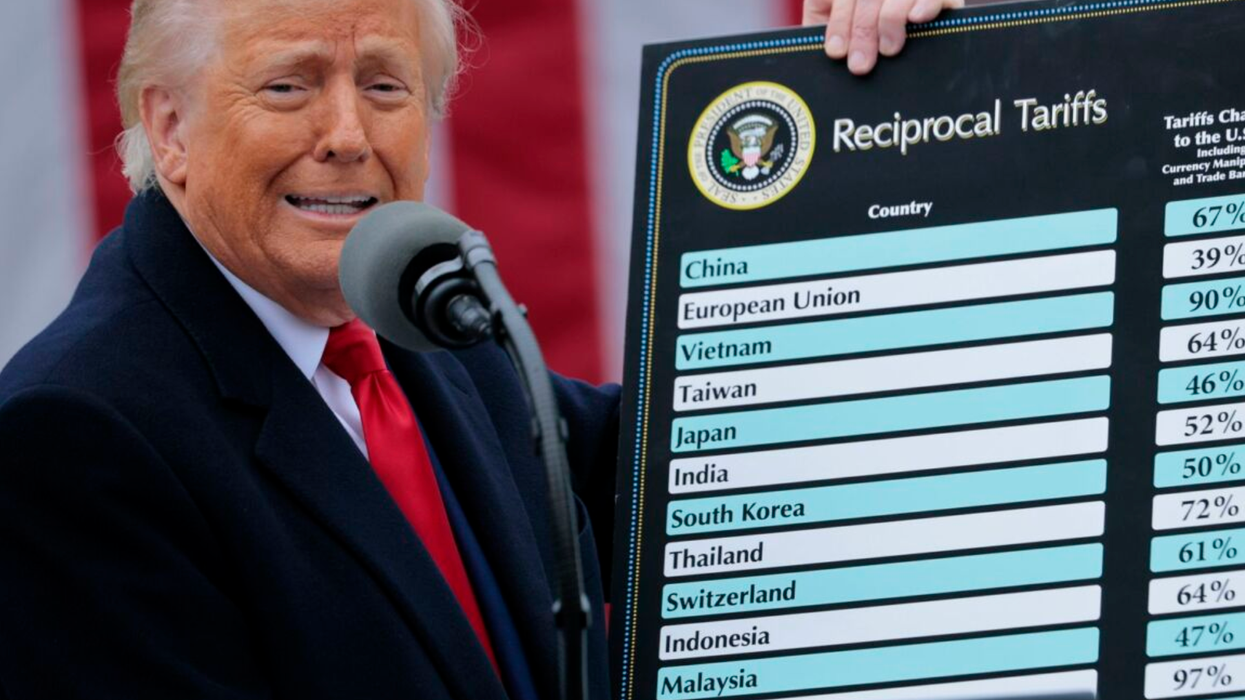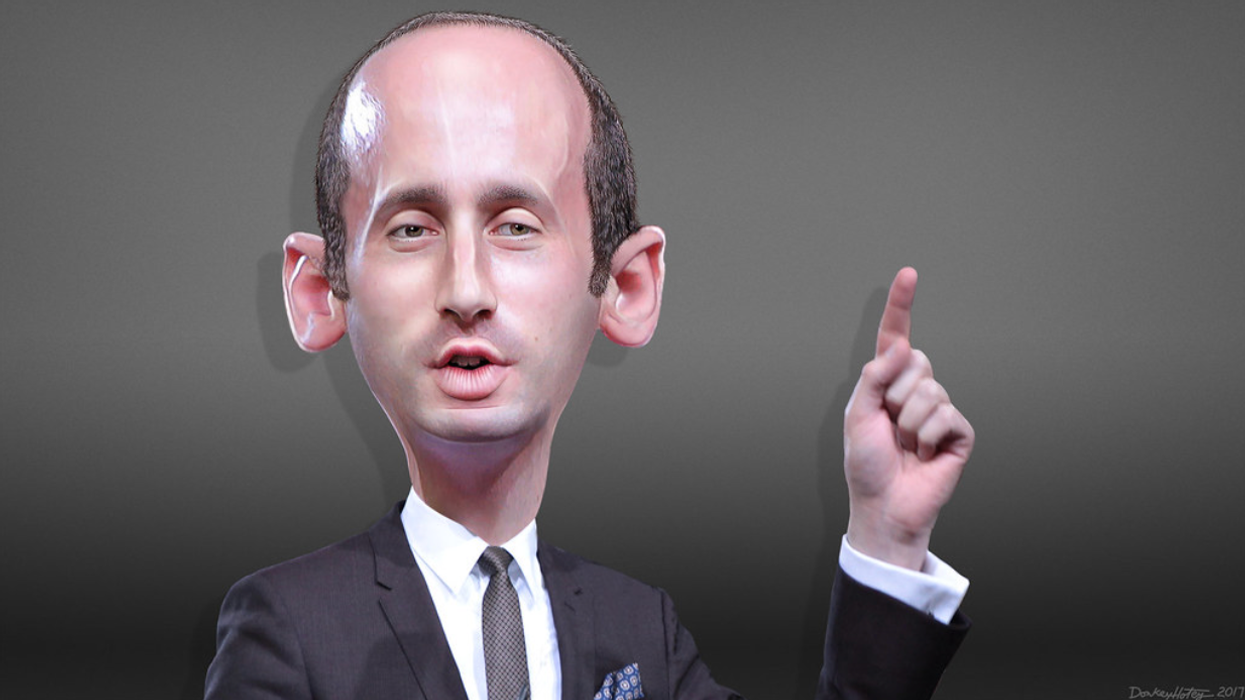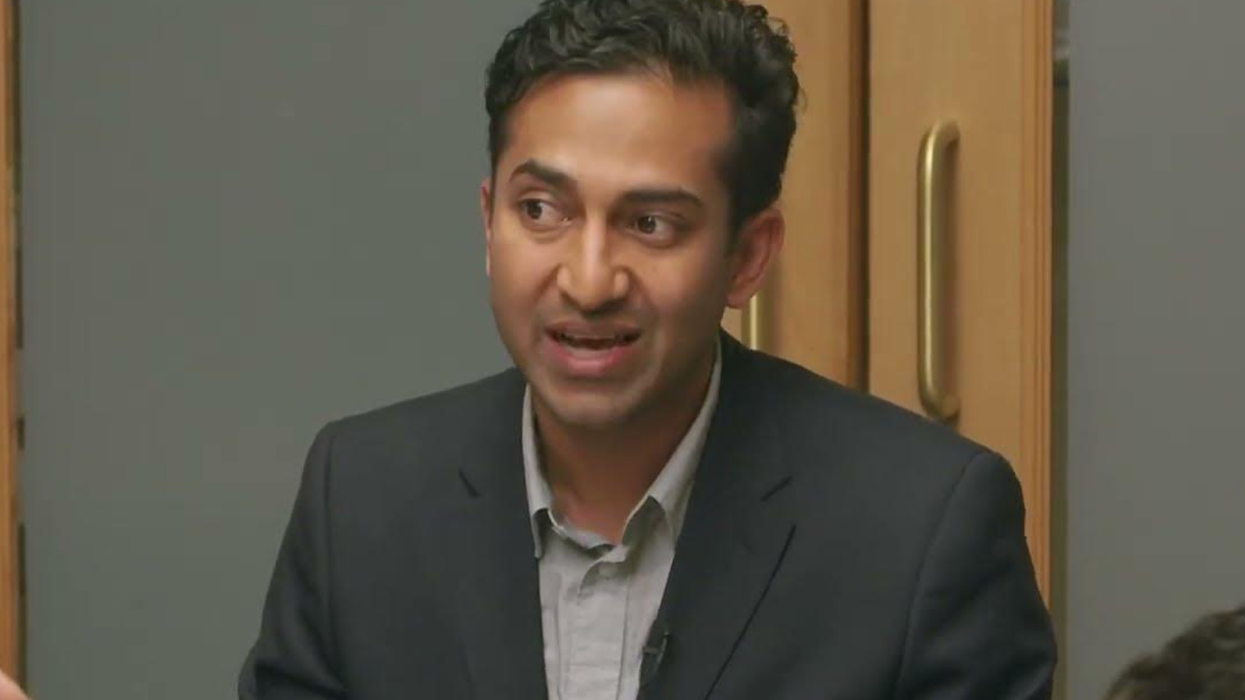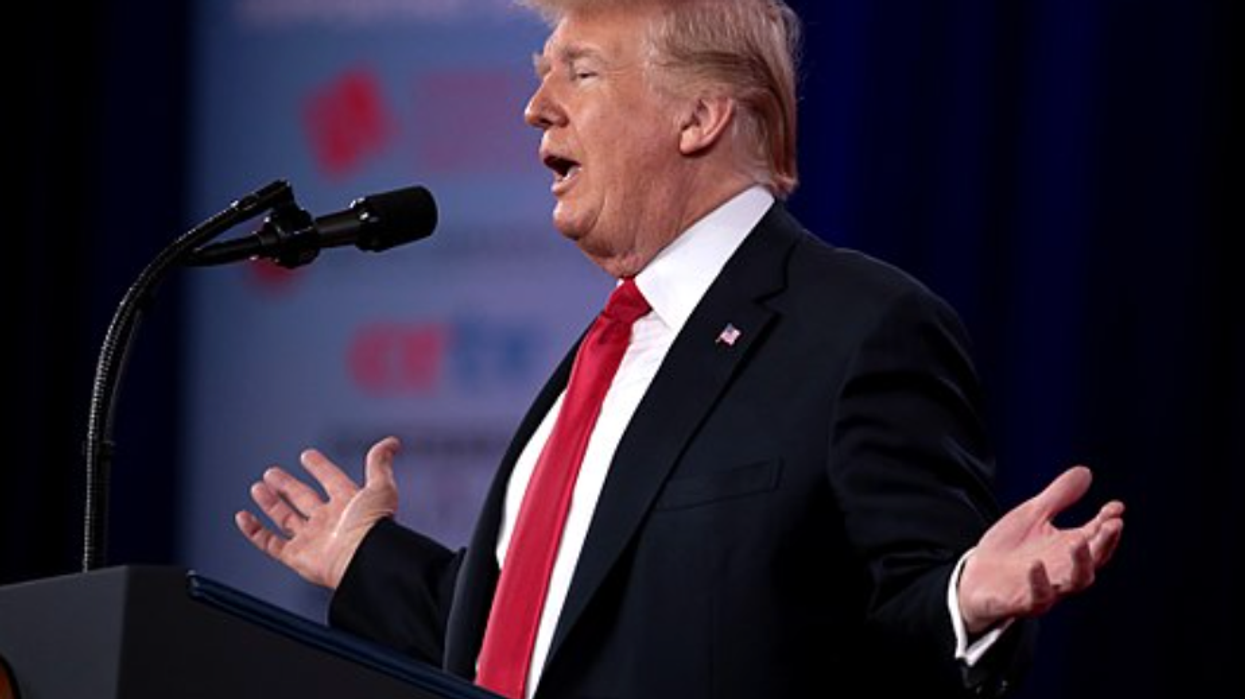Bad Policy, Bad Jobs Data -- So Trump Wants To Erase The Numbers
We learned two important, though entirely unsurprising, things last week. One, bad policy matters. It will eventually show up in the data. Two, when it does, the authoritarian responsible for the bad policy won’t like that data, and he will move to block it.
We now have a greater sense that the expected negative impact of Trump’s misguided economic agenda is becoming apparent through the fog.
Prior to last week, I’d often written that while I was seeing cracks in the US economy, they were much more in the soft data—confidence surveys, business plans—than in the hard data. But after last week’s dataflow, there’s more of a hard-data case that if you relentlessly throw terribly misguided policies at the economy, it will eventually cry uncle.
Last year, real GDP grew at 2.5%. So far this year, it’s growing at 1.2 percent. Last year, real consumer spending was up 3%; so far this year, it’s at 0%. This week’s core PCE inflation rate for June came in at 2.8 percemt over the past year, far above the Fed’s 2% target. A few months ago, core (non-energy) goods inflation was around zero; now it’s tracking 3 percent.
The pace of job growth over the past three months was 35,000. That’s far too slow—should it stick—to keep the jobless rate from rising, and in fact unemployment did tick up in July, from 4.1 to 4.2 percent. That’s still a pretty low rate, but we should all be worried about the direction of travel.
On that job-growth deceleration, I know some folks are trying to figure out what to make of the large negative revisions in the payroll data, about which I’ll say more in a soon-to-come future post, but the revisions, while large, made sense to me. I agree with Goldman Sachs researchers on this point:
In our view, the payrolls data had been a bit more puzzling before today’s downward revisions. Payroll growth had sharply outperformed the signal from big data indicators of job growth over the past couple of months, and now has decelerated to a pace that is closer to what other indicators show.
I take zero pleasure from the incoming evidence that President Trump is squandering his inheritance of a strong economy with his trade war, the big, ugly bill, deportations, Fed harassment, and so on. But as the researchers say above, it was more puzzling when these actions weren’t showing up in the data.
Tariff-Induced Inflation is Likely to Worsen
In a piece for msnbc.com, I recently explained why I think we’re seeing the tip-of-the-spear in tariff-induced inflation:
First, Trump is escalating the fight. There was a moment after the first “Liberation Day” on April 2 when tanking markets forced him and his team to temporarily return to reality, pausing the tariffs for 90 days and generally looking for off-ramps. But those days are behind us, in part because markets appear to have, at least for now, adjusted to the trade war, while the hit to consumers is much more of slow burn than a market crash.
Second, this Post article points out that big companies such as Procter & Gamble and Walmart are explicitly raising prices because of tariffs. Other companies, including Ford and GM, and also talking about big, tariff-induced hits to their bottom lines (Ford estimates a $2 billion hit this year). These companies know the Trump administration doesn’t take kindly to such pronouncements. Yet they’re telling it like it is, in part because more consumer pass-through — and thus more price pressures — will be forthcoming.
Third, there were two buffers that heretofore sheltered consumers, both of which are eroding. One was the inventory buildup that started when Trump returned to the Oval Office, as importing firms aggressively stocked up ahead of the tariffs. The other was squeezing profit margins built up during the pandemic to avoid immediately antagonizing inflation-weary consumers. Both buffers worked for a while, but both data and anecdote reveal that they’re winding down.
To be clear, I don’t think inflation is or will be spiraling up. This trade war will continue to cause a lot of pain both here and abroad, but we shouldn’t forget that goods imports, which were under three percent of GDP in the 1950s, are still only around 11 percent But neither would I count on trade-war inflation being any sort of one-and-done phenomenon.
The problem is the August 1, or August 7, or whatever-it-is deadline is no deadline at all. Trump will continue to war with other countries around trade issues, especially when his minions have to confess that the side deals—all those billions other countries said they’d buy from and invest in the U.S.—are all flimsy, unenforceable nonsense. My strong prior is that Trump doesn’t stop negotiating trade “deals” until he leaves the building.
Authoritarian Statistics Are Different from Real Statistics
Along with 221,000 unemployed in July, there was another consequential job loss this week: that of Erika McEntarfer, the former Commissioner of the Bureau of Labor Statistics. Ms. McEntarfer worked for me at the CEA, so I have up-close experience with her work, which is top-notch. She’s extremely knowledgeable, especially about labor-market data, and, like most people who really understand their work, can plainly explain it. And she’s all about the integrity of the numbers. Her thumbs will never be seen anywhere near the scales.
But when someone who resides in an alternative reality is hit with evidence that contradicts that reality, he can reject either his false edifice or the evidence of its falsehood. Trump, predictably, chose the latter.
Does this mean we can we now no longer trust the numbers from BLS or the other government agencies? I’ve long been asked this question a lot by people worrying that the Trump administration would have no compunction against cooking the books. I’ve always shared that worry but I know these agencies, all of which are staffed by public servants with high integrity and a strong culture of delivering the most accurate data possible. They would not play along with book-cooking.
But I’m now more worried about this than I’ve ever been. I still believe that, for now, we can trust the numbers. The staffs are still in place. If—I’d say “when”—Trump puts in a lackey as BLS commissioner with orders to serve up better jobs numbers, regardless of what the actual data say, the staff would resist and we’d likely hear about the pressure on them to lie.
But there are other ways he can go, including cutting budgets (thereby lowering survey sizes and response rates, leading to less accurate statistics), firing other key personnel, delaying publications, or whatever such chicanery they’re cooking up in their cabal of a White House.
What he showed by firing McEntarfer is that he wants to control and manipulate the facts. That’s neither new nor surprising but it is a step further than he’s gone heretofore. Before this, Trump could say the unemployment rate “is 28, 29, as high as 35. In fact, I even heard recently 42 percent,” as he did when he was running for office and lying to make things look worse, but we could pull up the data and show that he’s wrong.
We are now a firm step closer to not having, at least from an official source, that actual data. And that same firm step takes us down the path to a failed state, a banana republic, an Orwellian, authoritarian regime where the facts are what the leaders say they are.
What a Week
All that in one week.
To which I say, stay strong, my readers. This is far, far from over. The data are still intact and they’re showing with increasing clarity that Trump’s awful economic policy is hurting people. And with the tariffs, they’re hurting people in an especially economically sensitive place: by making life less affordable, which in poll-after-poll is the number one problem with which people say they’re struggling.
Trump can fire all the messengers he wants, but that’s not going to repair the damage he’s causing. It is thus up to the rest of us, with an even greater urgency than existed before, to relentlessly make sure everyone knows, in whatever outlets we can access, with whatever accurate data and anecdotes we can muster, what he’s doing and what impact it is having.
Jared Bernstein is a former chair of the White House Council of Economic Advisers under President Joe Biden. He is a senior fellow at the Council on Budget and Policy Priorities. Please consider subscribing to his column for free at Jared's Substack.
Reprinted with permission from Substack.












